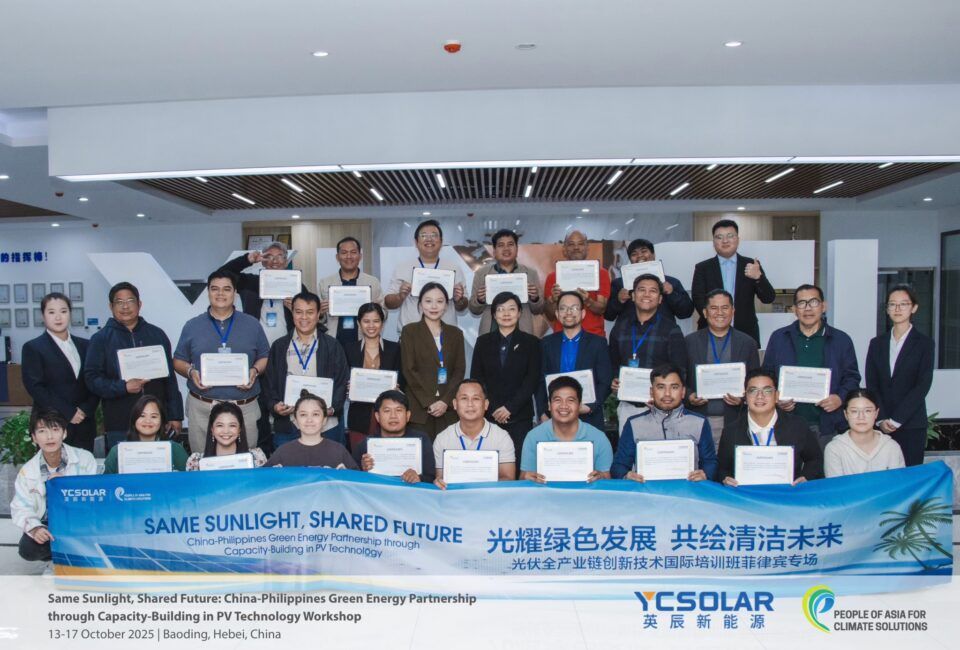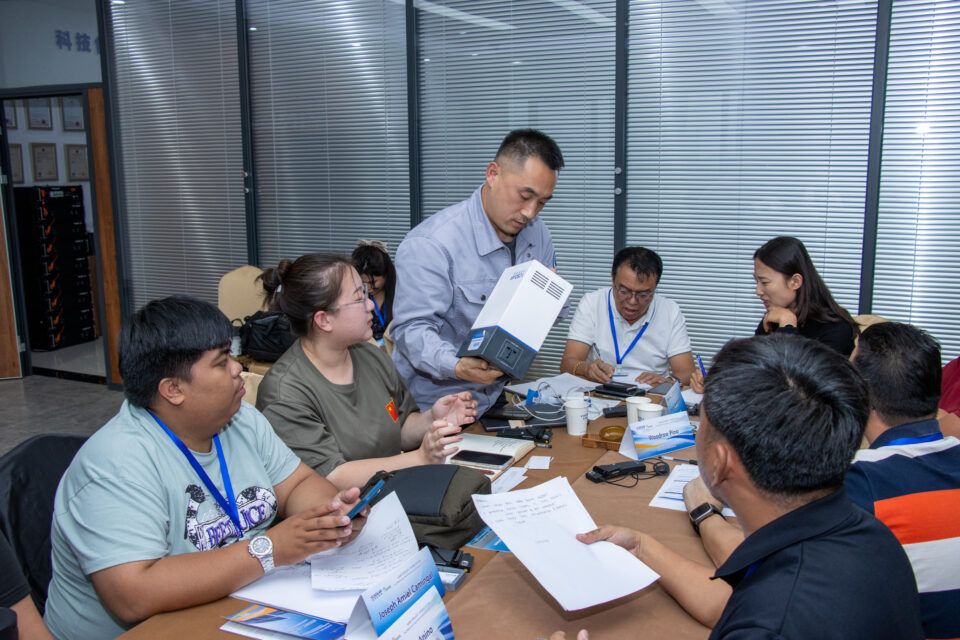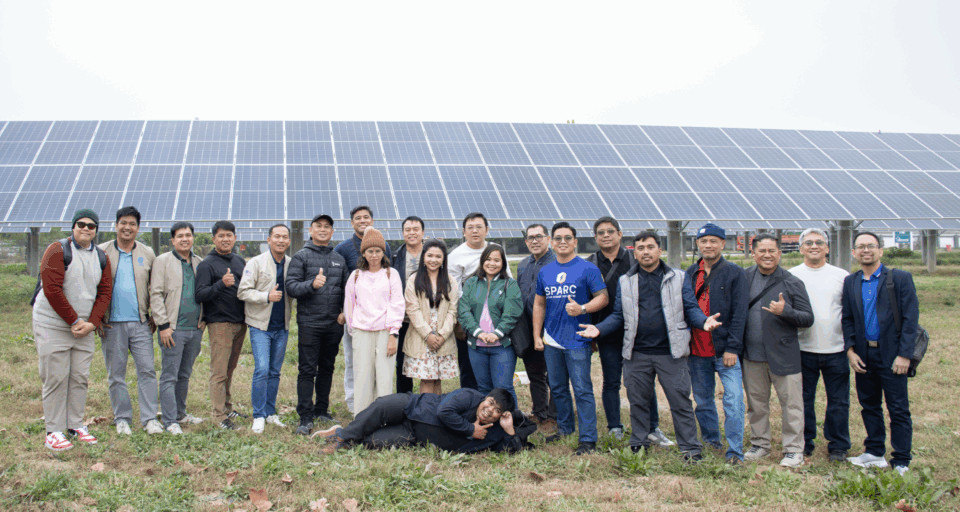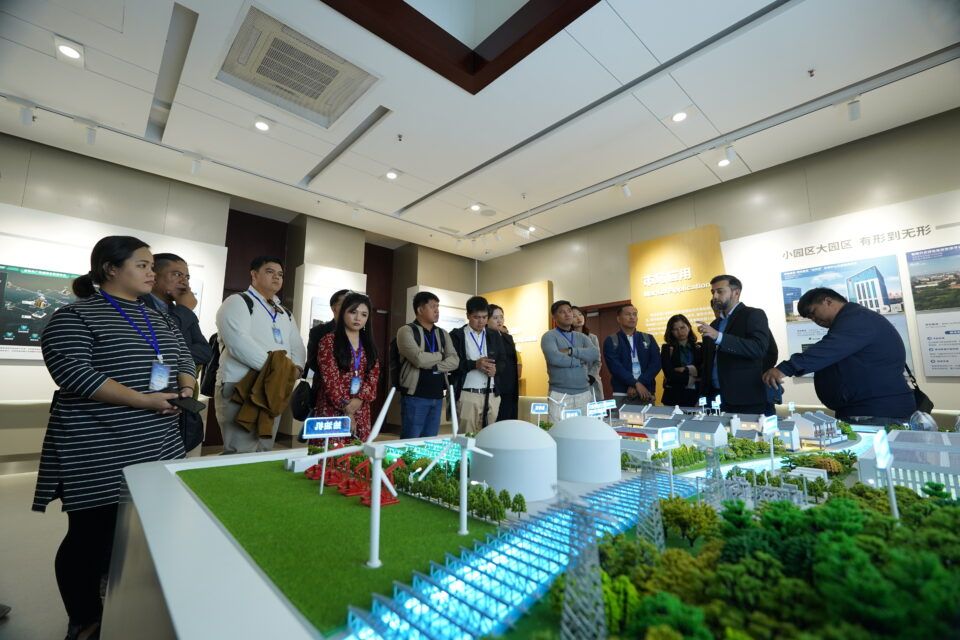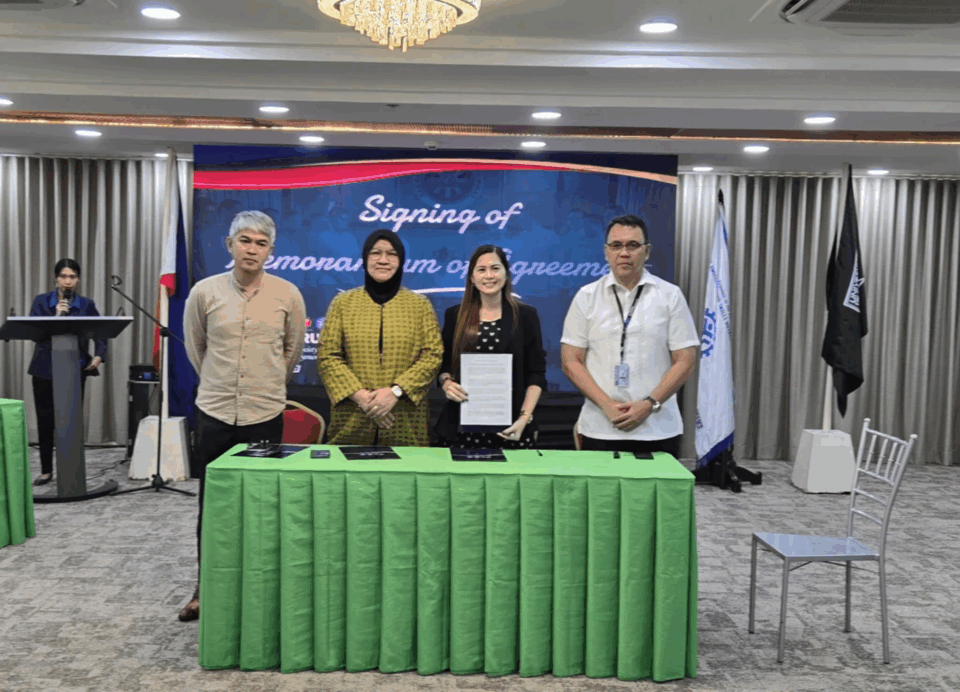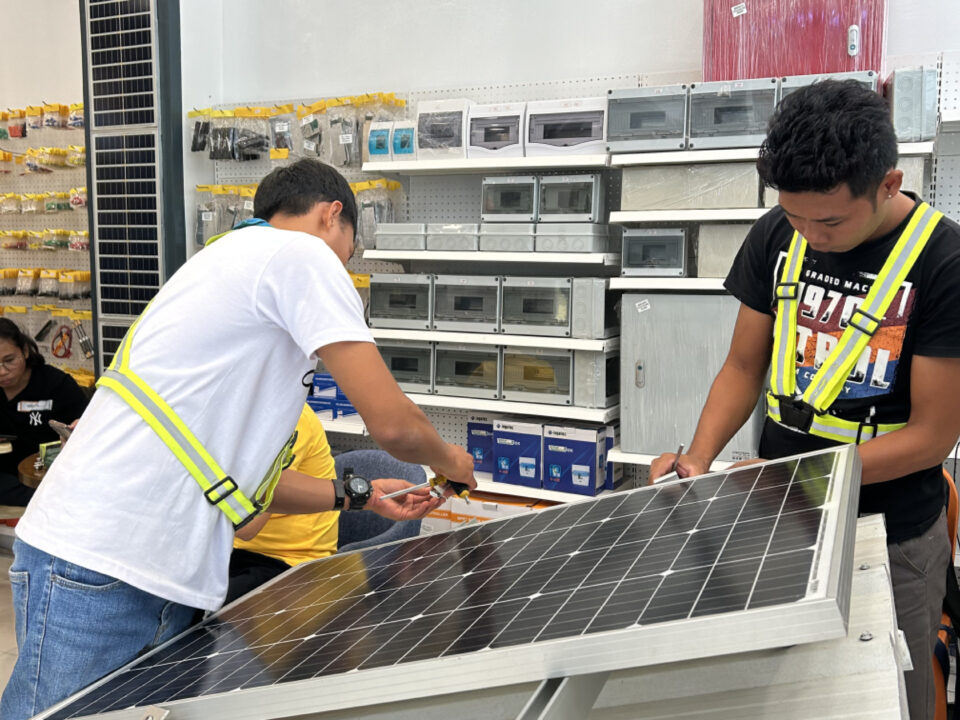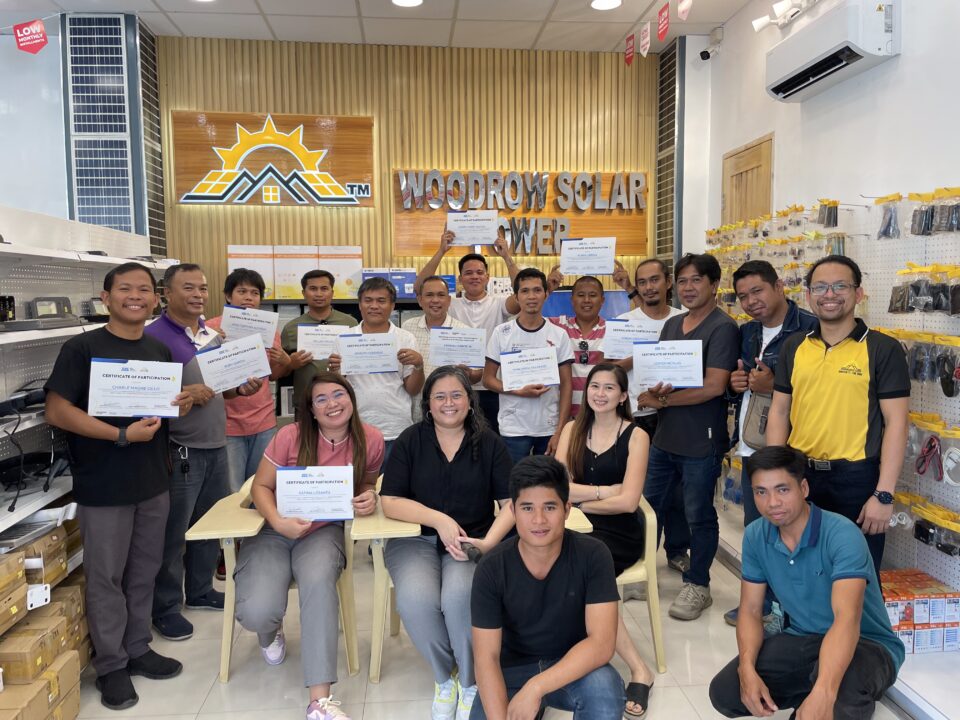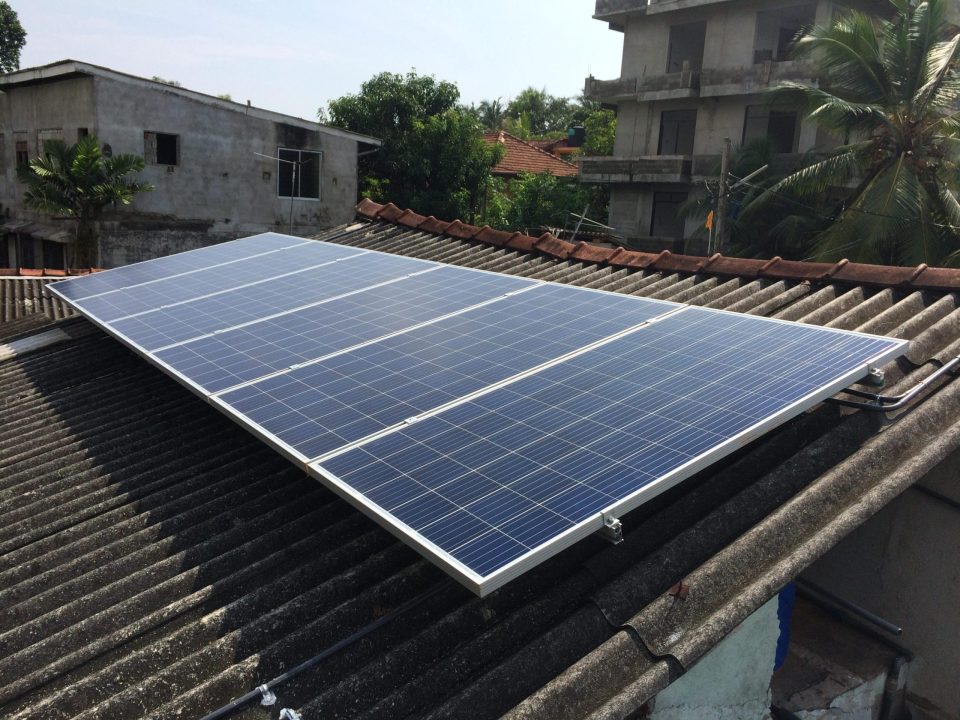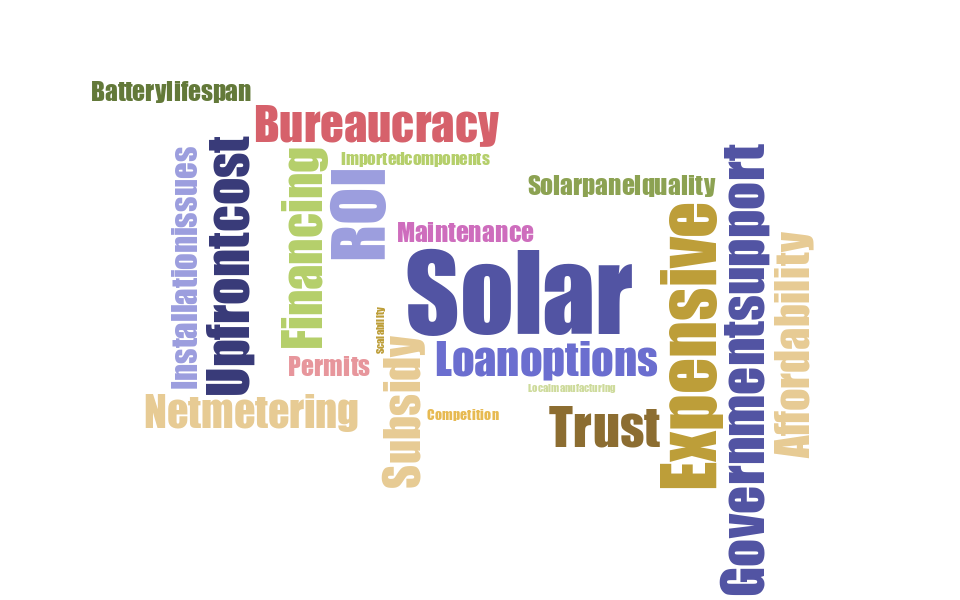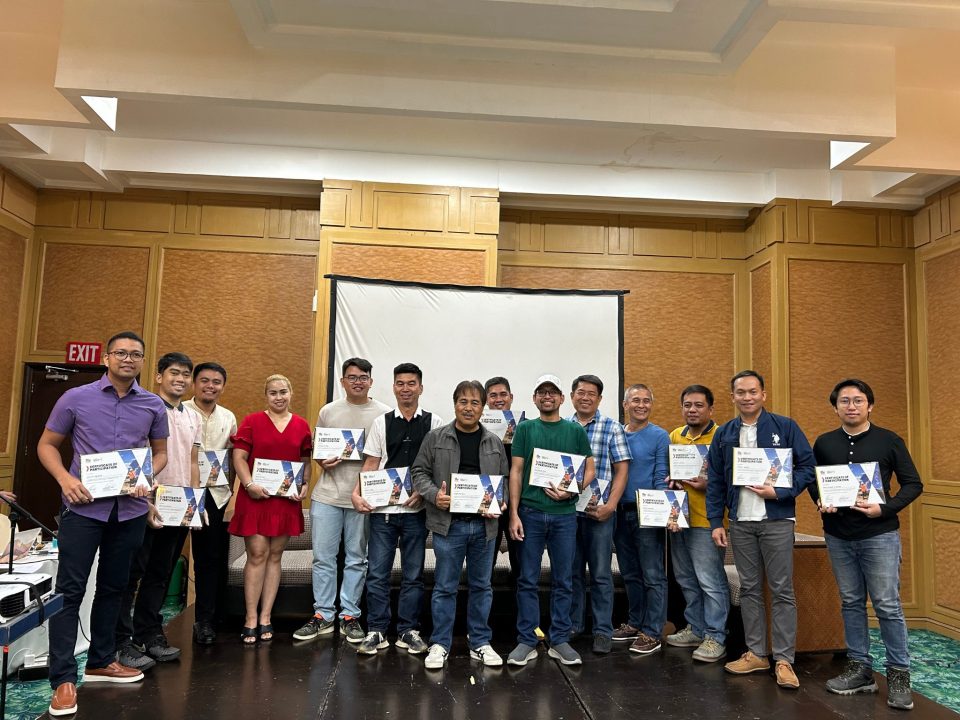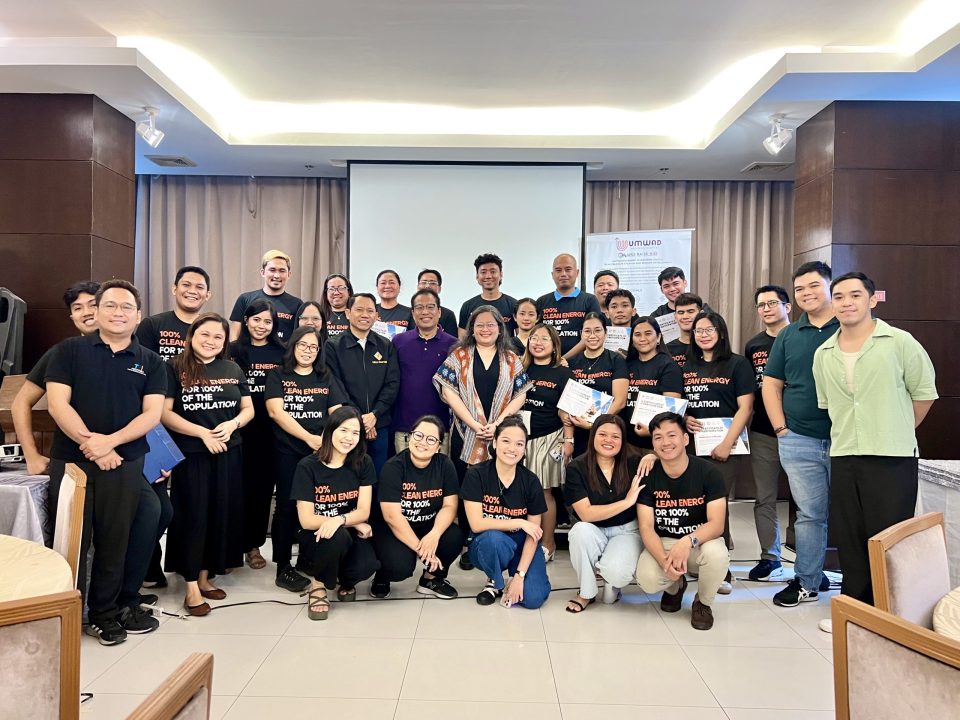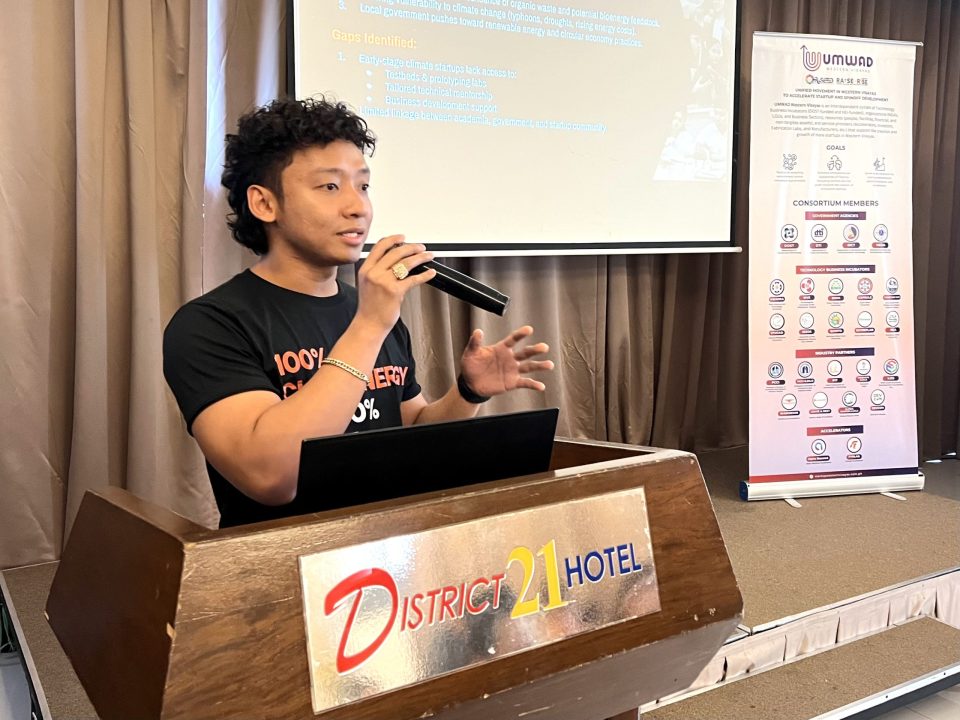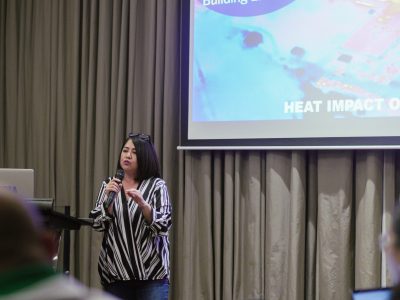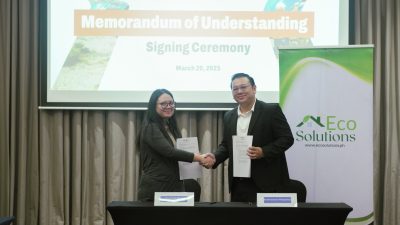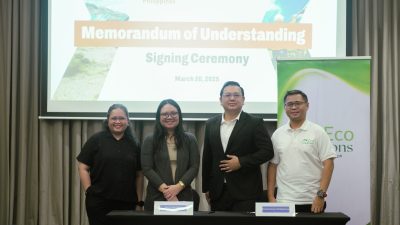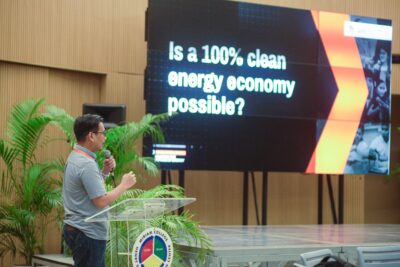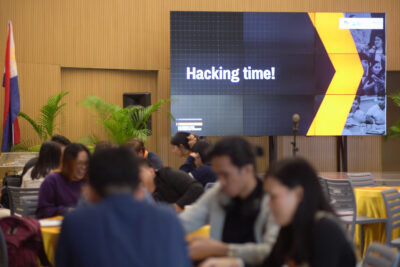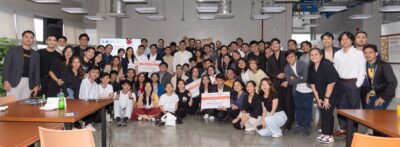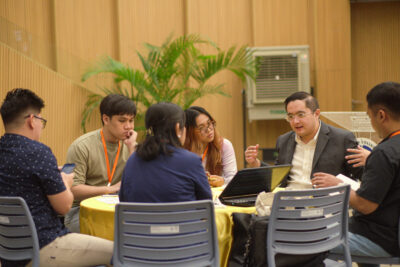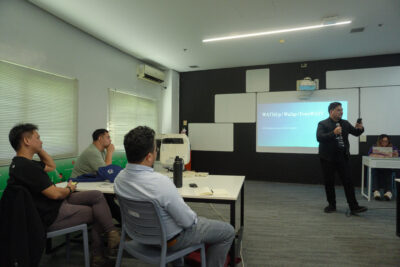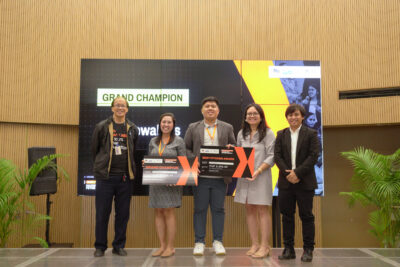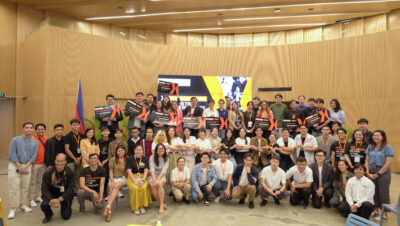The International Day of Clean Energy is an annual reminder that the energy transition needs to be fast. But it also has to be fair; communities and livelihoods are at stake, and no one should be left behind.
Around the world, clean energy entrepreneurs are proving that the energy shift and social impact can go hand in hand. They are building solutions, training the next generation, and connecting technology to real needs.
Having backed over 10,000 entrepreneurs over the last two decades, we’ve seen this every day. From training local solar installers to deploying innovative cooling systems, supporting founders means helping ideas turn into tangible change that strengthens communities and powers a just, resilient clean energy future.
Here are a few examples:
1. Sunstruck Solar Solutions (Philippines)
Training the next generation of solar installers
After 22 years working on oil barges, Henry Cequina shifted to clean energy, founding Sunstruck Solar Solutions, which has installed over 7 MWp of solar power across the Philippines.
But Henry didn’t stop at deployment. He’s now partnered with New Energy Nexus Philippines’ New Energy Academy to strengthen both technical and business skills. Today, Sunstruck helps train the next generation of solar installers and entrepreneurs across the region, building local capacity while supporting the clean energy transition.
“What I saw as a big gap in Davao… is the lack of certified solar installers, and also the lack of training providers. What really made me decide to become a training partner… is to standardize installations here,” said Henry Cequina, founder of Sunstruck Solar Solutions, Inc.
By investing in skills alongside infrastructure, Sunstruck ensures the transition creates durable livelihoods rather than just megawatts.
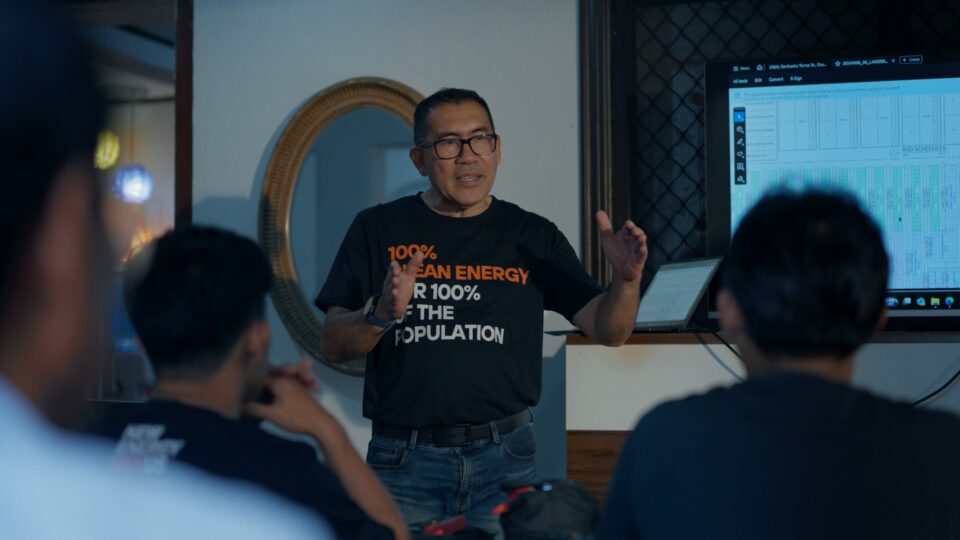
Henry Cequina, founder of Sunstruck Solar Solutions, Inc., facilitating a New Energy Academy training session in Davao City, Philippines.
2. Volto SEA (Indonesia)
Cheaper, more efficient boat motors for fisherfolk
For fishing communities on Bungin Island, rising fuel prices and unreliable cold storage have long eaten into incomes. Volto SEA introduced electric outboard motors designed for small-scale fishers, lowering operating costs and protecting the marine environment.
“The sea is the heartbeat of life in Bungin [Island]. By replacing fossil fuel engines with electric motors, we’re not just offering innovation—we’re honoring the maritime way of life and supporting a more sustainable future,” said Yindy Kurniawan, CEO of Volto SEA.
Backed by New Energy Nexus Indonesia, Volto SEA demonstrates that clean energy can strengthen traditional livelihoods while supporting long-term resilience.
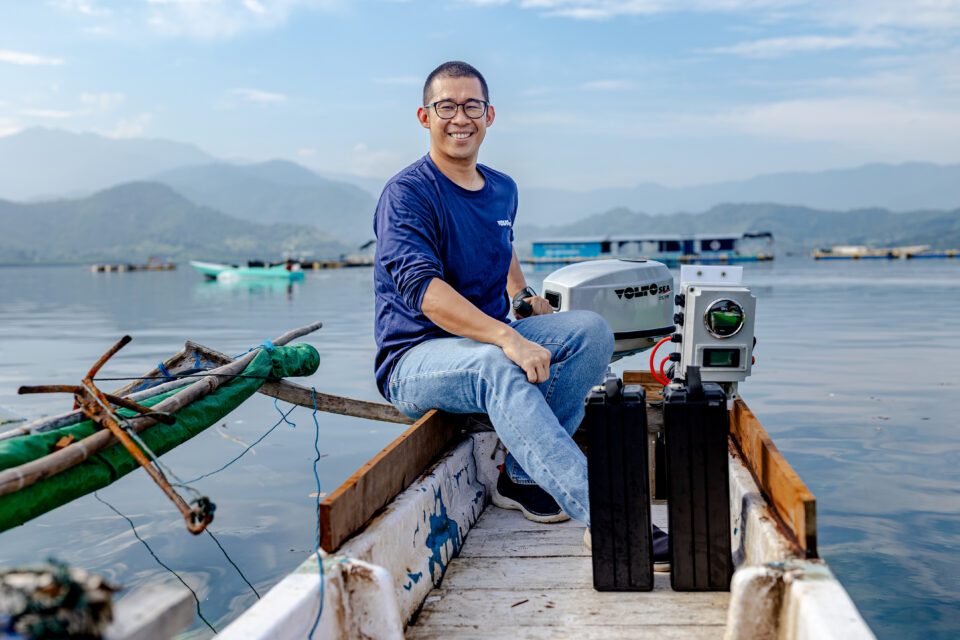
Yindy Kurniawan, CEO of Volto Sea, developed the electric outboard motor for Lelepa boats through a collaboration with New Energy Nexus. Photo by Mas Agung Wilis Yudha Bhaskoro
3. SunSawang (Thailand)
Empowering border communities with solar energy
Salinee Hurley, founder of SunSawang, has broken through the barriers faced by women entrepreneurs to deliver solar solutions to off-grid communities along the Thailand–Myanmar border.
SunSawang’s model empowers local families to adopt solar power sustainably, trains community members as technicians, and fosters long-term energy independence.
“Free installations may help in the short term, but the real goal is to empower people to access energy independently in the long run,” said Salinee Hurley, founder of SunSawang.
By centering communities and building local skills, SunSawang shows that equity and energy access go hand in hand. SunSwang is supported by New Energy Nexus Thailand through the SolarSTEP program
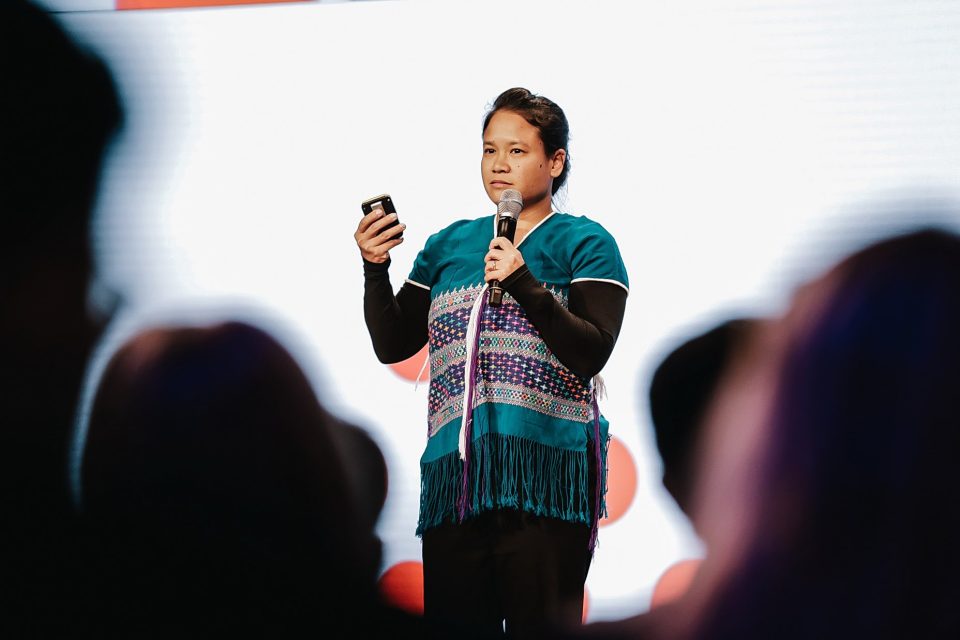
Salinee Hurley. Photo from SunSawang
4. Community Energy Labs (United States – California)
Optimized heating and cooling for schools and public buildings
Buildings generate roughly 40 percent of global carbon emissions. Community Energy Labs, alumni of New Energy Nexus California’s CalSEED program, helps schools and public buildings cut energy costs with “self-driving” systems that continuously optimize heating and cooling.
“Our technology takes something that feels really hard to a lot of building operators… complex, expensive, and very frustrating… and turns it into a hands-off solution. It saves time, money, and hassle,” said Tanya Barham, CEO of Community Energy Labs.
Savings can flow back into communities, showing that climate action can support social priorities while cutting emissions.
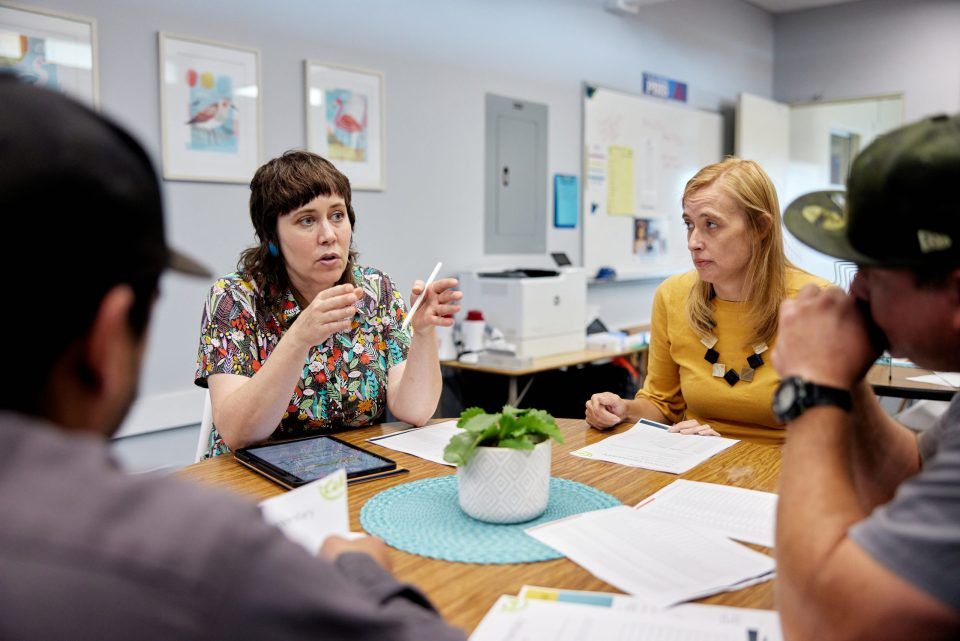
Community Energy Labs at Sonora Elementary.
Empowering entrepreneurs to lead the transition
Across sectors and geographies, these founders share a common thread: they build clean energy solutions that work for people. New Energy Nexus provides the training, mentorship, connections, and funding founders need to scale responsibly. Through accelerators, programs like the New Energy Academy, and access to global networks, we help turn bold ideas into real-world impact.
These stories show a clear lesson: the transition succeeds fastest when it is inclusive, grounded, and built with communities at its core.
Grow clean energy solutions with your community. Explore our programs and get support at join-nex.co/programs
